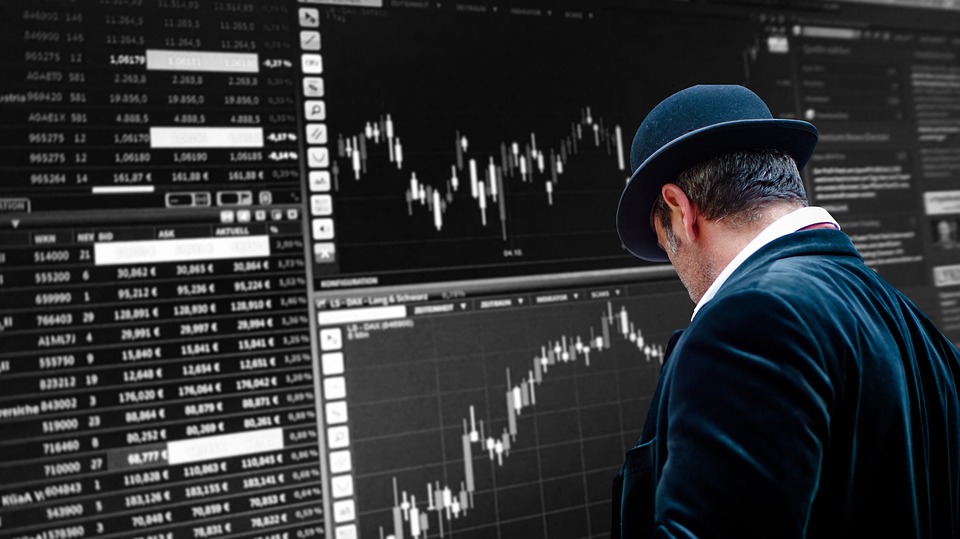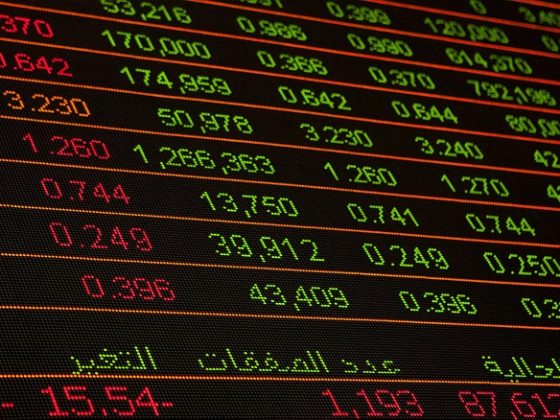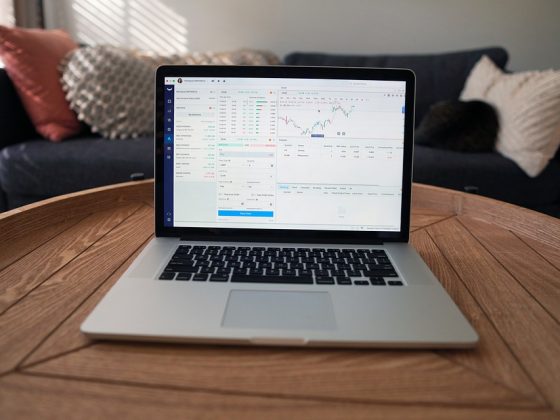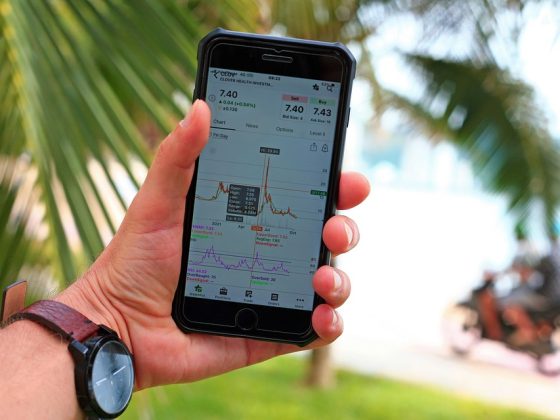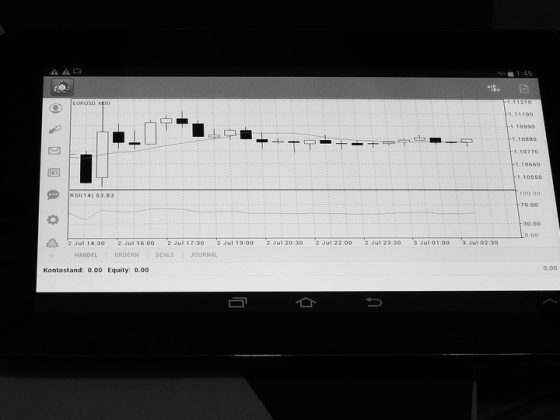Trading economics refers to the study of economic indicators and their impact on financial markets and global trade. It involves analyzing data such as inflation rates, GDP growth, employment figures, and trade balances to forecast market trends and make informed investment decisions. The field of trading economics is essential for understanding the complexities of the global economy and its influence on financial markets.
Impact of Trading Economics on Global Markets
The impact of trading economics on global markets is profound and far-reaching. By analyzing economic indicators and market trends, traders and investors can make informed decisions about where to allocate their capital. This, in turn, has a significant impact on financial markets worldwide. Here are some key ways in which trading economics influences global markets:
1. Market Sentiment: Trading economics plays a crucial role in shaping market sentiment. Positive economic data, such as strong GDP growth or low unemployment rates, can lead to bullish market sentiment, driving up stock prices and other asset values. Conversely, negative economic data can lead to bearish sentiment and market downturns.
2. Investment Decisions: Trading economics helps investors make informed investment decisions by providing them with data on economic indicators and market trends. By analyzing this information, investors can identify opportunities for profit and minimize risks in the market.
3. Currency Exchange Rates: Trading economics also impacts currency exchange rates. Economic data releases, such as interest rate decisions or trade balance reports, can cause fluctuations in currency values. Traders use this information to speculate on currency movements and profit from exchange rate changes.
4. Stock Market Performance: Economic indicators can have a significant impact on stock market performance. Positive economic data can lead to higher corporate earnings and boost stock prices. On the other hand, negative economic data can lead to market downturns as investors become more risk-averse.
5. Global Trade: Trading economics is essential for understanding global trade dynamics. By analyzing trade balance data, import/export figures, and other economic indicators, traders can assess the health of the global economy and predict future trade trends. This information is crucial for international businesses and policymakers alike.
FAQs
1. What are the key economic indicators that impact global markets?
There are several key economic indicators that traders and investors pay attention to when analyzing global markets. These include GDP growth, inflation rates, unemployment figures, interest rates, consumer spending, trade balances, and manufacturing output. By monitoring these indicators, traders can gain insight into the overall health of the economy and make informed investment decisions.
2. How do economic indicators impact currency exchange rates?
Economic indicators can have a significant impact on currency exchange rates. For example, interest rate decisions by central banks can impact a country's currency value. If a central bank raises interest rates, its currency may strengthen as investors seek higher returns. Conversely, lower interest rates can lead to a devaluation of the currency. Other economic indicators, such as trade balances and GDP growth, can also influence currency exchange rates.
3. How can trading economics help businesses make better decisions?
Trading economics can help businesses make better decisions by providing them with valuable data on economic indicators and market trends. By analyzing this information, businesses can identify opportunities for growth, assess the competitive landscape, and make strategic decisions about production, pricing, and marketing. Trading economics can also help businesses forecast market trends and mitigate risks in a volatile economic environment.
4. How does trading economics impact global trade?
Trading economics plays a crucial role in shaping global trade dynamics. By analyzing economic indicators such as trade balances, import/export figures, and manufacturing output, traders can assess the health of the global economy and predict future trade trends. This information is essential for international businesses seeking to expand their market share, enter new markets, or identify potential trade risks.
In conclusion, trading economics has a profound impact on global markets. By analyzing economic indicators and market trends, traders and investors can make informed decisions about where to allocate their capital, leading to fluctuations in market sentiment, investment decisions, currency exchange rates, stock market performance, and global trade dynamics. Understanding the complexities of trading economics is essential for navigating the complexities of the global economy and maximizing opportunities for profit.

